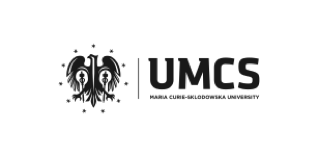

PROJEKT BCAMEND WSPÓŁFINANSOWANY PRZEZ SZWAJCARIĘ W RAMACH SZWAJCARSKIEGO PROGRAMU WSPÓŁPRACY Z NOWYMI KRAJAMI CZŁONKOWSKIMI UNII EUROPEJSKIEJ
PROJECT BCAMEND SUPPORTED BY A GRANT FROM SWITZERLAND THROUGH
THE SWISS CONTRIBUTION TO THE ENLARGED EUROPEAN UNION
Evaluation of different forms of black carbon amendment to reduce contaminants bioavailability and toxicity and to improve soil quality and plant production (BCAMEND)





Contact: Department of Environmental Chemistry, University of Maria Skłodowska-Curie in Lublin, Pl. Marii Curie-Skłodowskiej 3, 20-031 Lublin, Poland
E-mail: patryk.oleszczukATpoczta.umcs.lublin.pl



PROJECT BCAMEND SUPPORTED BY A GRANT FROM SWITZERLAND THROUGH THE SWISS CONTRIBUTION TO THE ENLARGED EUROPEAN UNION
Value of co-financing: 871 231 CHF
PROJEKT BCAMEND WSPÓŁFINANSOWANY PRZEZ SZWAJCARIĘ W RAMACH SZWAJCARSKIEGO PROGRAMU WSPÓŁPRACY Z NOWYMI KRAJAMI CZŁONKOWSKIMI UNII EUROPEJSKIEJ
Wartość dofinansowania: 871 231 CHF

jslkfjslkdfjls



